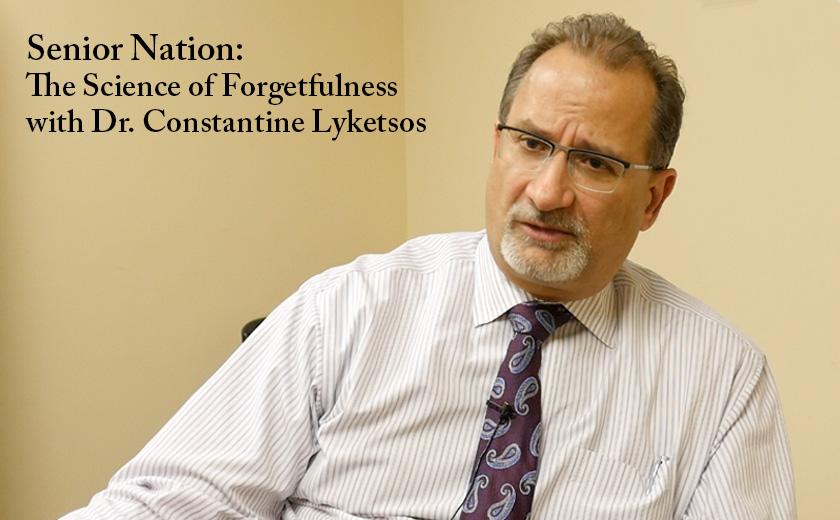The celebrated poet Billy Collins wrote in one of his poems that his memory had retired “to the southern hemisphere of the brain, to a little fishing village where there are no phones.” It is perhaps one of the most accurate descriptions of memory loss and the disorientation it causes in almost every human being of a certain age from time to time.
But what if the feeling of “no phones” was a more permanent condition? That beyond the simple and temporary experience of forgetting where one left the car keys, one also could not remember what those car keys do. In that case, the condition is called dementia. And what has intrigued Johns Hopkins doctor Constantine Lyketsos is why those “phones,” the neurochemistry of the brain, are not working.
On March 8, the Talbot Hospice will be sponsoring a lecture by one of the leading experts in dementia and Alzheimer’s disease at Easton High School. Dr. Lyketsos, from the Hopkins department of psychiatry and behavioral sciences, will address these issues and the devastating effects of the illness, but also promising new treatments that give hope to patients and their families.
The Spy traveled to Baltimore to sit down with Lyketsos before the event for a primer on dementia and memory loss.
This video is approximately six minutes in length. For more information about the event please go here



Write a Letter to the Editor on this Article
We encourage readers to offer their point of view on this article by submitting the following form. Editing is sometimes necessary and is done at the discretion of the editorial staff.